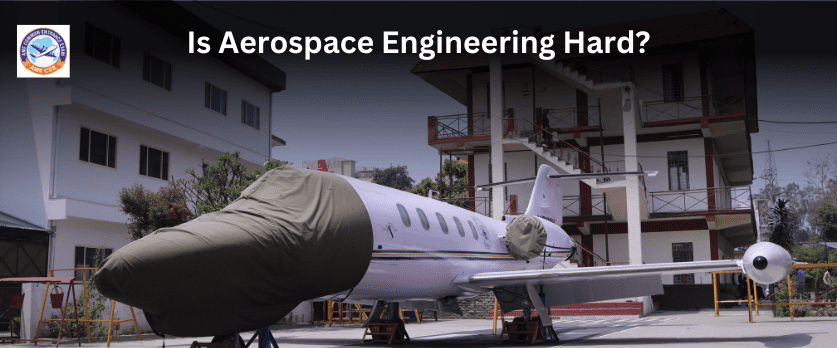Yes, aerospace engineering is considered a challenging field of study. It involves complex subjects such as aerodynamics, propulsion, materials science, and structural design. Students need a strong foundation in mathematics and physics, as well as bachelor arbeit schreiben analytical and problem-solving skills. The integration of various disciplines in aerospace engineering requires a deep understanding of engineering principles. Despite its difficulty, many find the field rewarding due to its contributions to technological advancements and diplomarbeit hilfe innovations in aviation and space exploration.
Frequently Asked Questions Related to “Is Aerospace Engineering Hard?”
Q1. Is Aerospace Engineering a difficult field of study?
A. Aerospace engineering can be challenging due to its complex subjects, requiring strong mathematical and analytical skills.
Q2. What makes Aerospace Engineering challenging?
A. The integration of aerodynamics, propulsion, and structural design demands a deep understanding of physics and engineering principles.
Q3. Are there specific skills needed for success?
A. Proficiency in mathematics, physics, and problem-solving skills are crucial. Communication and doktorarbeit schreiben lassen teamwork skills are also beneficial.
Q4. Do I need prior experience in aviation?
A. No, but a passion for aircraft, spacecraft, and technology is advantageous. The curriculum covers foundational concepts for beginners.
Q5. How can I prepare for Aerospace Engineering studies?
A. Strengthen your math and physics foundation. Familiarize yourself with basic engineering principles. Explore related projects or internships.
Q6. Are there job opportunities in Aerospace Engineering?
A. Yes, the aerospace industry offers diverse career paths, including aircraft design, space exploration, satellite technology, and defense.
Q7. What are common misconceptions about Aerospace Engineering?
A. It’s not just about airplanes; it includes spacecraft, satellites, and defense systems. It’s not only for pilots but also for engineers and researchers.
Q8. Are internships important in Aerospace Engineering?
A. Yes, internships provide practical experience, networking opportunities, and a better understanding of industry expectations.
Q9. Can I specialize in a specific area within Aerospace Engineering?
A. Yes, specialization options include aerodynamics, avionics, propulsion, and space systems. Choose based on your interests and career goals.
Q10. Is Aerospace Engineering a rewarding career?
A. For those passionate about aviation and space, the challenges are outweighed by the opportunity to contribute to cutting-edge technology and innovation.
To become an aerospace engineer you may could join aerospace engineering through AME COMMON ENTRANCE EXAM (AME CEE) this examination you may join Aerospace Engineering approved by AICTE.


